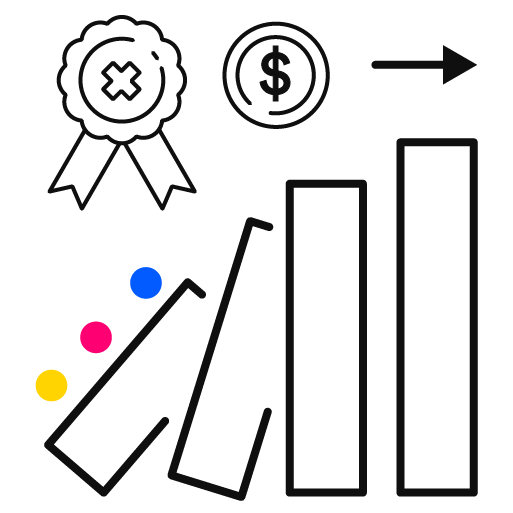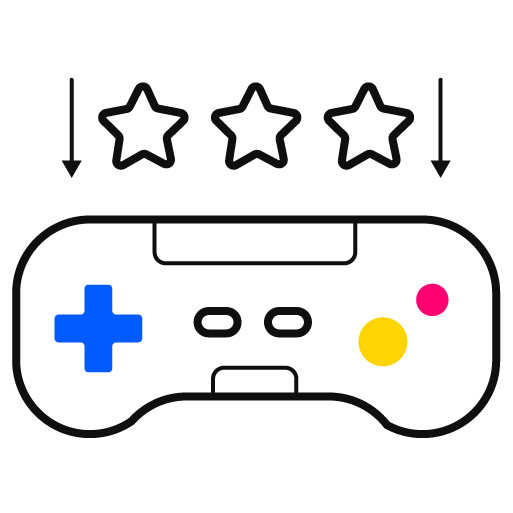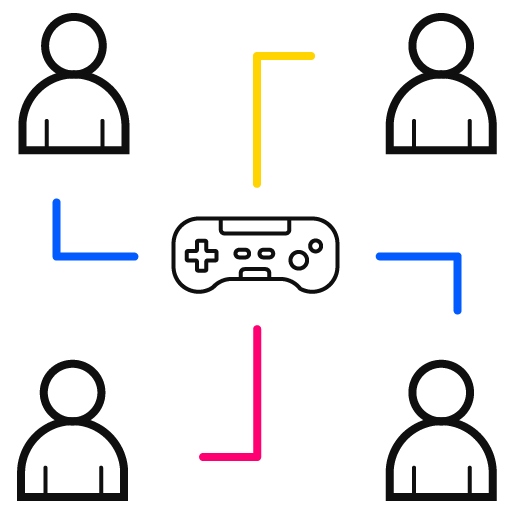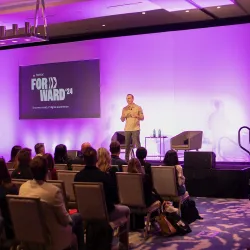Industry Knowledge
Changing the Game: The Effects of Toxicity on Player Behavior
Discover how toxic behavior affects game satisfaction and learn to mitigate it for better experiences.
Toxic behavior in gaming is a major problem that negatively impacts player behavior, mental health, and engagement. It has substantial effects on the bottom line of gaming companies, impacting not only the players but also the financial success of the industry.
In this article, we will delve into the harmful effects of such users within the gaming space and explore effective strategies to manage and neutralize the effects of toxicity on player behavior.
How toxicity influences gaming spaces
24%
of players reported they very often decided to not spend money in a game because of other players' behavior.
61%
of players stated they had, at least once, decided not to spend money in a game because of how other players treated them.
Take This. Toxic Gamers are Alienating Your Core Demographic – The Business Case for Community Management. 2023
Negative experiences caused by toxic gamers can decrease platform usage or player attrition. Such encounters can create a hostile and uncomfortable environment, leading to players quitting the game and dissuading others from joining, impeding the game's growth and damaging its reputation.

Financial Repercussions and Damaged Reputation
Negative experiences can reduce the chances of in-game purchases, directly affecting revenue. Moreover, a game with a reputation for toxicity may become less attractive for potential business partnerships and collaborations, ultimately leading to long-term financial losses.

Degradation of the Gaming Experience
Toxic gamers pose a significant challenge for businesses and communities in the gaming industry. Their aggressive behavior, hate speech, and general misconduct can severely impact the overall gaming environment, leading to negative consequences for regular and friendly community members.
The harm caused by such behavior is not limited to its immediate effects, as it can also have long-term mental health effects on players. Dealing with bullying and toxicity in gaming can have a profound and distressing impact on players, resulting in a decline in their participation or total disengagement from the game.

Building Healthy Gaming Communities
To establish effective mechanisms and guidelines to combat toxic behavior, publishers can implement stricter regulations for gameplay, institute preventative tools to counter harassment, and ensure a robust moderation system to maintain a clean environment. By creating healthier gaming communities, companies can benefit players' mental and emotional well-being and contribute to their sound financial health, creating a win-win situation for all stakeholders.

Economic Impact and Player Attrition
When players are exposed to toxic behavior from other gamers, it creates a breeding ground for negativity on the platform. This hostile environment often results in players abandoning the game and discourages prospective gamers from joining. As a result, the game's growth is slowed, tarnishing its reputation.

Risk to Brand Equity
In today's digital age, people expect more from online interactions and want inclusive and respectful communities. By ignoring the effects of toxicity on player behavior, companies risk losing their audience and damaging their brand reputation. Building a positive reputation in the gaming industry is difficult; however, losing it due to toxic behavior can happen quickly and be devastating.
Understanding the Causes of Toxic Behavior in Gaming
To tackle the toxicity of player behavior, it is crucial first to understand its roots. Gaming spaces, like any social environment, reflect broader societal problems. Unfortunately, they can sometimes provide a platform for uncivil behavior.
Online anonymity can encourage individuals to behave poorly without facing real-world consequences. The competitive nature of many games can also worsen aggression and unsporting behavior, further contributing to toxicity.
Additionally, the gaming community includes people from diverse backgrounds and cultures worldwide, leading to misunderstandings, stereotypes, and language barriers that can fuel negativity and hostility. If these core issues are not addressed, toxicity can spread throughout the community, harming the gaming environment and hindering a company's growth prospects.
Does Toxicity Affect Game Satisfaction?
A recent study found that players aged 13 to 25 spend 54% more on average on "non-toxic" games than "toxic" ones. In other words, games that successfully control issues like abusive language, racial slurs, holocaust denial, misogyny, and threats to safety have seen a 54% boost in revenue.
60% of players admitted to abandoning a gaming session or quitting a game permanently due to harassment and hate within the gaming community. Additionally, 72% of players have reported avoiding certain games because of the negative reputation associated with their community.
In addition to the research, male gamers (46%) tend to decide not to spend money on games based on how other players treat them. They are also more likely to quit a game or match due to experiences of hate or harassment and are more prone to avoiding games because of the community's reputation. Similarly, female gamers (36%) show similar tendencies but to a slightly lesser degree.
It has been observed that players are becoming more reluctant to spend money and engage in gaming communities where toxic behavior is rampant. This trend is particularly evident among the latest players, as they have a lower tolerance for what is commonly referred to as "toxic gamer cultures."
Implementing Effective Game Moderation to Improve Player Experience
Proper game moderation techniques help guide player behavior, making the game safer and encouraging positive interaction:
Step 1: Enhancing Moderation Tools
Upgraded moderation tools are pivotal in creating better gaming experiences. These advanced tools swiftly identify and tackle offensive content, ensuring safer gaming spaces.
Step 2: Fostering Positive Player Interactions
Effective game moderation also means cultivating positive player interactions. This is achieved by opening reliable lines of communication, swiftly resolving conflicts, and promoting constructive collaboration.
Step 3: Building Resilient Gaming Communities
A solid player experience also leans on establishing resilient gaming communities. We accomplish this by rolling out supportive systems prioritizing player well-being, establishing common norms, and fostering a sense of mutual respect among the gamers.
Gaming Community Management with Us
Online gaming communities require engaging, safe, and respectful environments. A reliable outsourcing partner with experience in content moderation strategies can greatly benefit players in the industry.
TaskUs collaborated with a video game developer who was struggling with growth and community standards issues. TaskUs implemented customized recruitment strategies, innovative coaching techniques, and improved player interaction, resulting in a significant increase in resolution rates. The outcome was a remarkable 65% surge in daily ticket resolution, a productivity boost of 109%, and a reduction in resolution time to just nine hours.
Gaming Redefined: Our Supercharged Capabilities
TaskUs is an ideal partner for businesses in the gaming space, offering an end-to-end suite of AI-powered services to help enhance player experiences and ensure community safety. We deliver an array of services tailored to fulfill our clients’ unique demands. Our core offerings include:

Reviewing Nuanced Content
TaskUs boasts proficiency in evaluating the often intricate language of gamers, adeptly pinpointing and managing subtle toxic content.

Targeted Recruiting
TaskUs recognizes the changing dynamics of the gaming space and prioritizes hiring talent who specialize in this distinct field.

Effective Wellness Solutions
TaskUs implements comprehensive wellness solutions, responding effectively to the crucial well-being needs of the moderators.
We take community safety very seriously and have implemented proactive measures to ensure it. Our approach includes thorough community moderation and gaming customer care, which helps foster a safer and more enjoyable gaming environment. We are not just playing the game, but also setting new industry standards, driving engagement and security, and ambitiously striving towards a future where gaming is both enjoyable and secure.
References

We exist to empower people to deliver Ridiculously Good innovation to the world’s best companies.
Services








